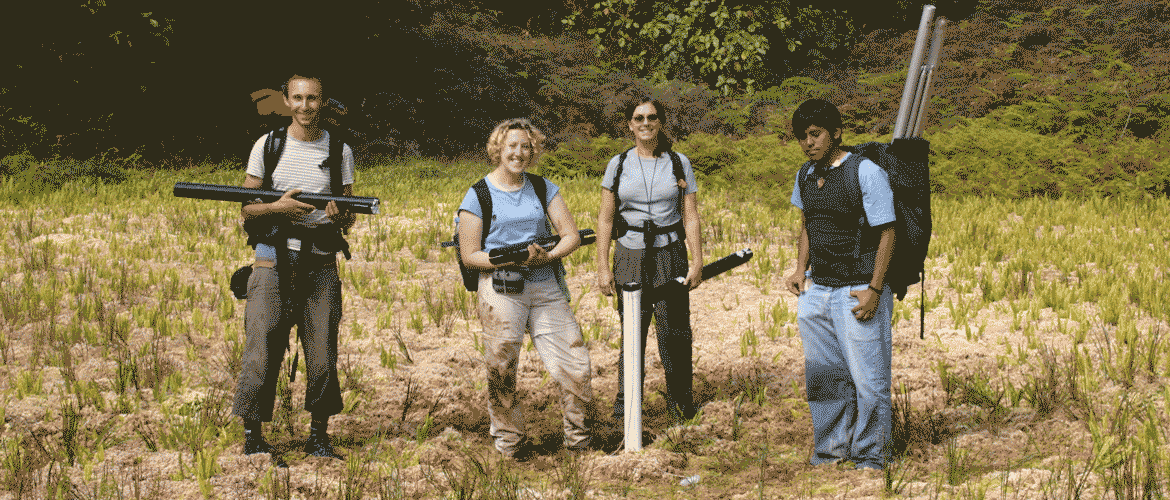About
I am a terrestrial plant ecologist, specialising in the fields of long-term ecology, biodiversity and conservation. My primary research focus is on the application of long-term ecological data to guide practical conservation and ecosystem restoration. My work occurs largely at the interface between the disciplines of plant ecology and palaeoecology – applying palaeoecological research techniques (i.e. the analysis of fossil pollen, macrofossil plant remains, charcoal, and PalEnvDNA), but focussing on timescales directly relevant to issues of modern conservation (i.e. 100’s to 1000’s of years). The aim of my research is to elucidate the biological and environmental processes underlying the development of modern ecosystems and the services they provide, through examination of past human impact, invasive species, natural disturbances and environmental change. This information can then be directly applied to the design of natural resource management and ecological restoration programmes. The analysis of past ecosystem dynamics not only helps us to understand HOW we got to where we are TODAY – it also enables more critical examination of what we want to conserve / restore, and how to design effective conservation for the FUTURE.
I work in a variety of different ecosystems, with particular focus on: island biodiversity conservation (Galápagos Islands, Mauritius), temperate forest ecology (Pacific Northwest, UK) and peatland restoration.
From the Science Podcast: an interview with Cynthia Froyd on using fossilized pollen as a guide to conservation in the Galápagos.

